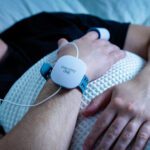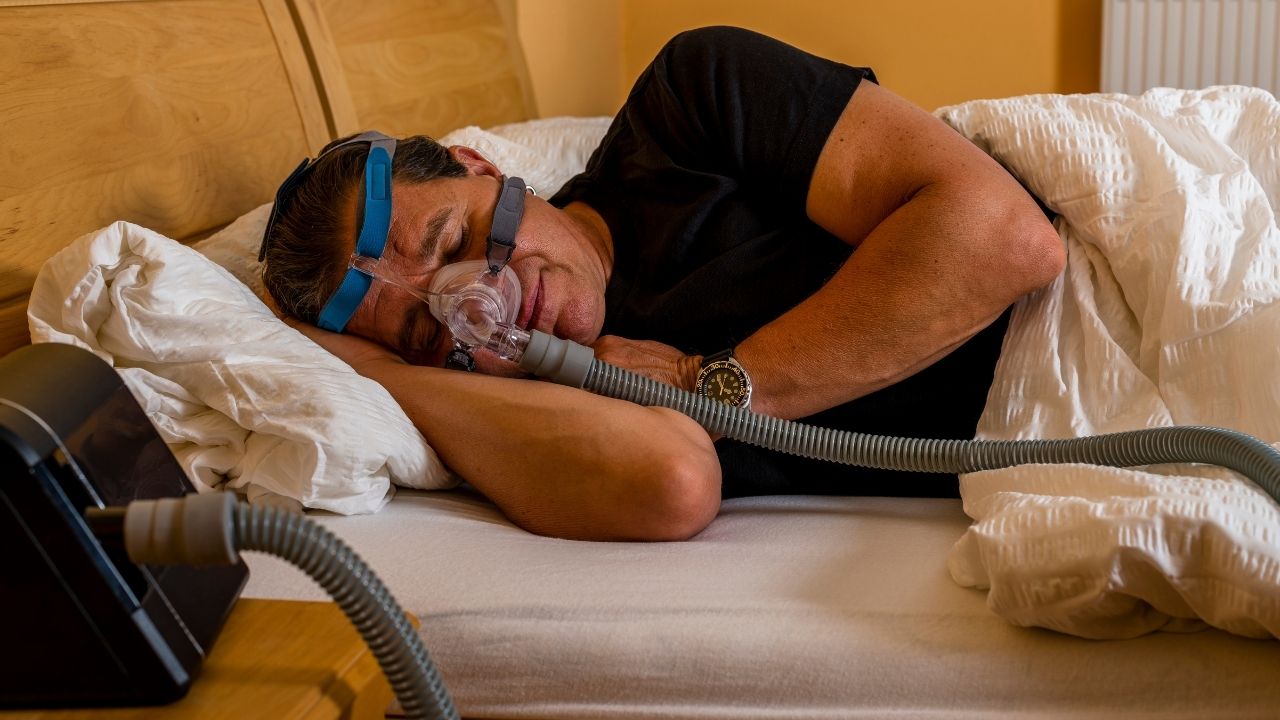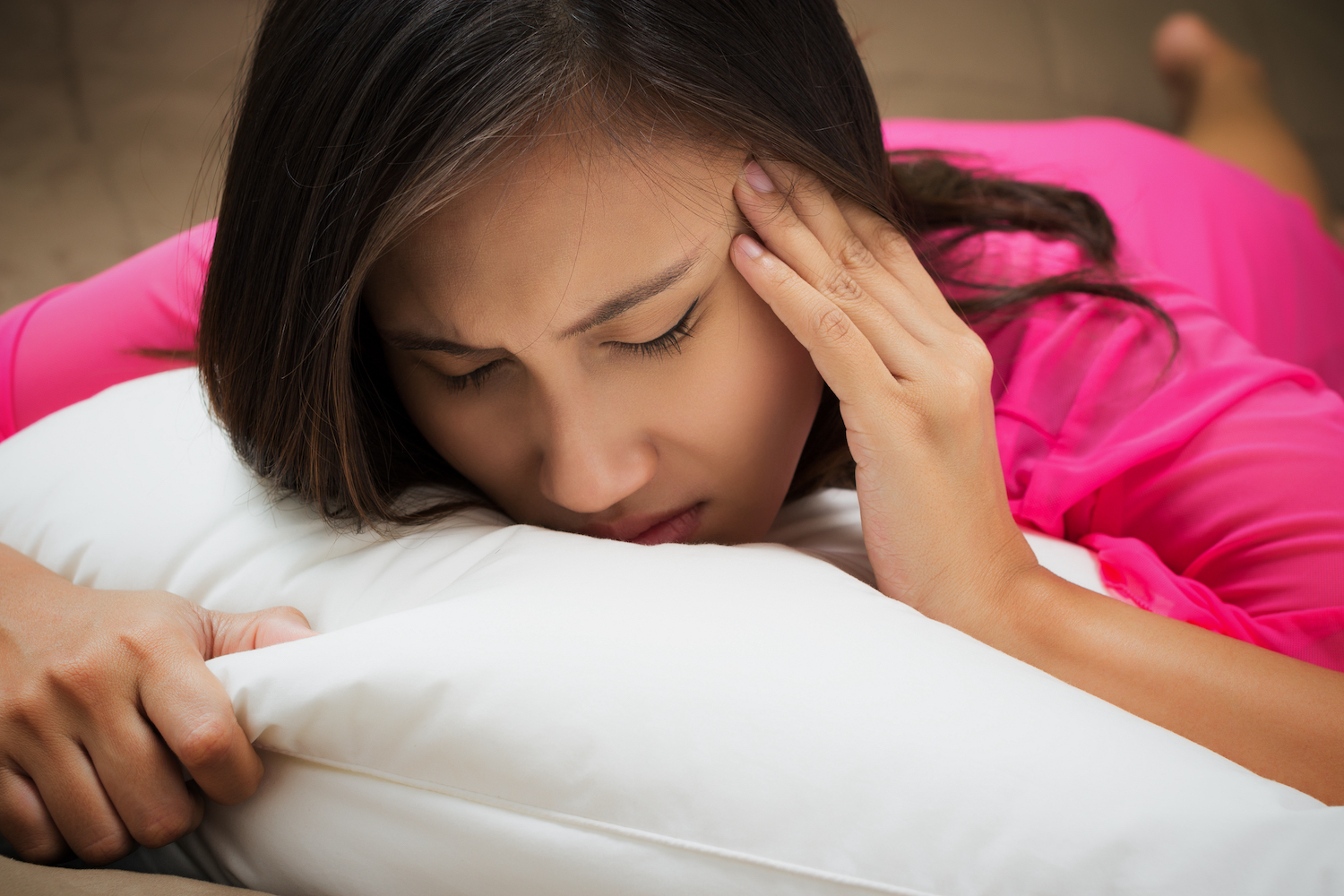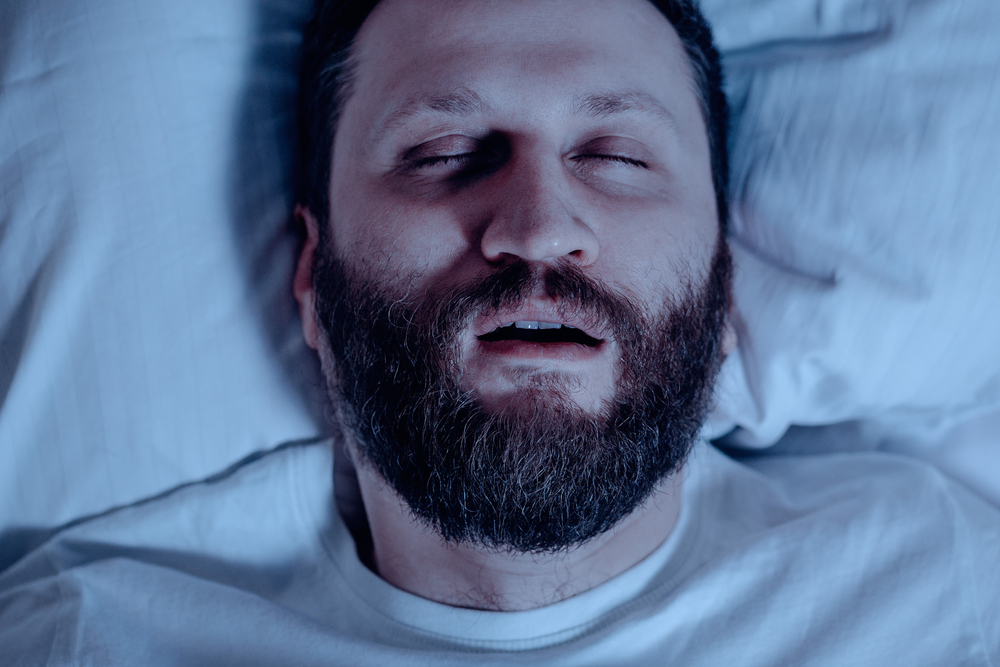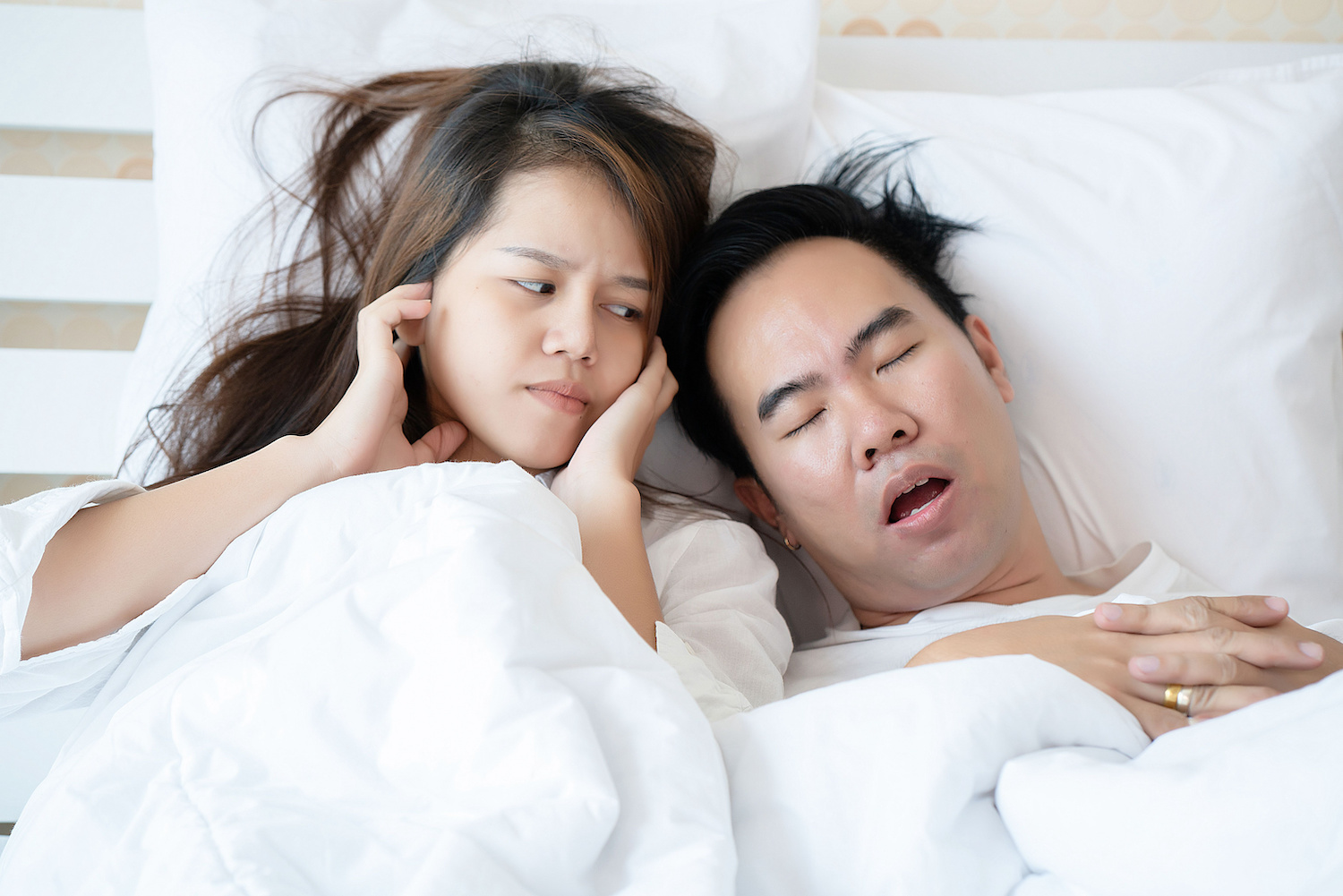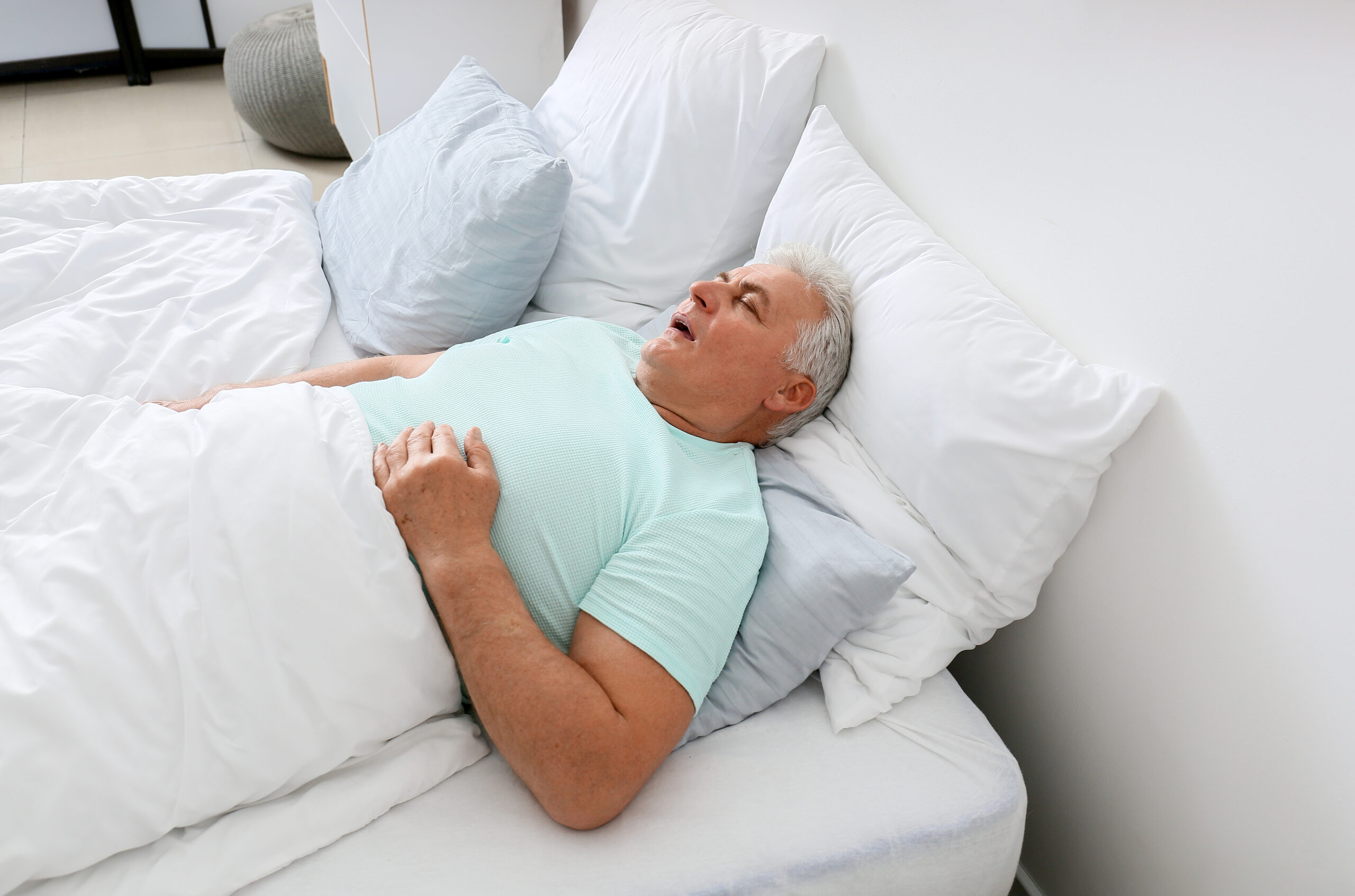Medical Disclaimer: This content is for informational purposes and does not constitute medical advice. Please consult a health care provider prior to starting a new treatment or making changes to your treatment plan.
Sleep apnea isn't something to be taken lightly. It can lead to and worsen a wide array of serious health conditions, including high blood pressure, cardiovascular disease, hearth attack, stroke, and type 2 diabetes.
And when left untreated, obstructive sleep apnea (OSA) carries a higher risk of all-cause mortality, meaning people with OSA are more likely to die of any cause compared to people who do not have OSA.
Fortunately, getting proper treatment for sleep apnea may reduce the risk of many of these complications.
What Are the Risks of Untreated Sleep Apnea?
The risks of untreated sleep apnea depend on the type of sleep apnea diagnosed. Nighttime breathing issues are most often caused by partial or complete collapse of the airway due to obstructive sleep apnea. Breathing issues are less commonly caused by the body’s inability to initiate breathing, which is called central sleep apnea (CSA).
Experts believe that untreated obstructive sleep apnea can contribute to or worsen several health issues.
- High blood pressure: Researchers believe that obstructive sleep apnea can worsen high blood pressure. Some reasons behind this include low oxygen levels at night, changes in hormones, and an activated nervous system.
- Diabetes and insulin resistance: People with obstructive sleep apnea are at an increased risk for developing diabetes. This is tied to an increased risk of insulin resistance, meaning the body doesn’t respond normally to insulin, a hormone that helps the body to use blood sugar.
- Pulmonary hypertension: Over time, breathing disruptions can change the structure of the blood vessels in the lungs and contribute to pulmonary hypertension, a condition in which blood pressure is too high in the arteries between the heart and lungs.
- Stroke: Untreated obstructive sleep apnea also increases the chances of stroke. This risk may be due to the effects of obstructive sleep apnea on existing risk factors for stroke, like high blood pressure and heart disease, or because of changes in blood pressure to the brain.
- Abnormal heart rhythms: Also known as heart arrhythmias, abnormal heart rhythms can be a result of the low oxygen levels that happen in people with sleep apnea. Experts believe that heart arrhythmias may be one of the main reasons behind sudden death in those with sleep apnea.
Untreated obstructive sleep apnea can also lead to other complications, including problems with concentration and decision making and an increased risk of errors and accidents. Without treatment, sleep apnea can also worsen mood and impair memory.
Can Sleep Apnea Cause Death Suddenly During Sleep?
Obstructive sleep apnea increases the risk of sudden cardiac death, which occurs when a person dies because their heart abruptly stops or isn’t able to support life. Research shows that sudden death is more common in people with obstructive sleep apnea who are also older than age 60, have more severe apnea, or have very low oxygen levels.
Although rare, death can occur because a person’s breathing doesn’t restart after a brief pause due to sleep apnea. More commonly, though, researchers believe that sudden cardiac death is linked to shared risk factors between obstructive sleep apnea and sudden cardiac death, like heart disease and high blood pressure, or due to irregular heart rhythms or other factors.
Our Recommended At-Home Sleep Apnea Test
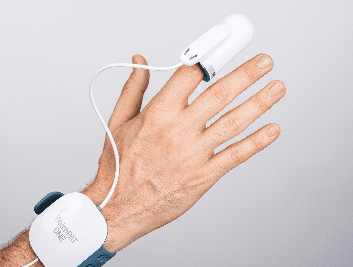
our partner at sleepdoctor.com
Save 45% on your Sleep Test Today
Shop Now“Wish I'd known how easy and affordable getting tested would be. Got my diagnosis fast, and now I'm actually getting decent sleep!”
Dawn G. – Sleep Doctor Customer
How Does Sleep Apnea Treatment Reduce the Risk of Death?
Treating sleep apnea helps protect your long-term health by keeping your airway open and your oxygen levels stable throughout the night. This reduces strain on your heart, lowers blood pressure, and supports healthier sleep patterns—all of which are key factors in reducing the risk of serious complications like heart attack, stroke, and arrhythmias.
The most common treatment is CPAP (continuous positive airway pressure) therapy, which delivers steady air to prevent breathing interruptions. One study found that those with sleep apnea who consistently used a CPAP machine had a significantly lower risk of death compared to those who stopped using it. The benefits of regular CPAP use were seen after one year, three years, and even up to seven years in long-term follow-up studies.
What Are the Signs of Sleep Apnea?
Knowing the signs of sleep apnea can help people know when to contact their doctor and get evaluated for this condition. The main sign of sleep apnea is breathing disruptions during sleep. Often, a bed partner is the first to notice abnormal breathing, frequent loud snoring, or gasping for air during the night. Other symptoms of sleep apnea include:
- Waking up gasping for air or choking
- Making unusual sounds while sleeping
- Having frequent daytime fatigue
- Waking up unrefreshed
- Falling asleep during daytime tasks
- Experiencing morning headaches
- Tossing and turning during sleep
- Having mood swings
- Difficulty concentration during the day
- Urinating frequently during the night
The symptoms of central sleep apnea are similar to obstructive sleep apnea symptoms. However, people with CSA may not report daytime sleepiness as often as those with OSA.
When Should You See a Doctor?
If you have signs or symptoms of sleep apnea, such as not feeling rested in the morning or having frequent daytime fatigue, it's important to talk to your doctor about sleep apnea.
To diagnose sleep apnea, your doctor may order a sleep study. Some sleep studies are done at a specialized sleep center in a clinic or hospital, but others—known as home sleep studies—can be done in your own bed using portable equipment.
During a sleep study, a health care provider will monitor brain signals as you sleep. In addition, your provider will monitor for any changes in heart rate or breathing, and the test will record if and when your breathing is restricted. The results are used to calculate your apnea-hypopnea index (AHI), which measures the number of breathing disruptions per hour and helps determine the severity of sleep apnea.
If the sleep study finds that your breathing is frequently disrupted during the test, you may be diagnosed with sleep apnea. Your doctor may then recommend various treatments to help improve your breathing and reduce the risk of complications.
What Are the Treatment Options for Sleep Apnea?
Treatments for sleep apnea depend on several factors, such as the severity of your symptoms, the type of sleep apnea that you have, and how well you can tolerate each therapy. There are several treatments available for sleep apnea.
- Lifestyle changes: Obstructive sleep apnea is commonly related to higher body weight. Thus, sometimes lowering body weight can help reduce symptoms. In addition, doctors may recommend avoiding alcohol and other sedatives, as these can also worsen the severity of sleep apnea.
- Changes in sleep position: During a sleep study, a health care provider may notice that symptoms worsen when you sleep in a certain position, most often on the back. In these cases, doctors may recommend sleeping on your side to help reduce symptoms.
- Positive airway pressure (PAP) therapy: Positive airway pressure therapy like CPAP is a common treatment for sleep apnea. This treatment uses a special mask that directs pressurized air into the airway to keep it open during sleep, improve breathing, and normalize nighttime oxygen levels.
- Oral appliances: Removing obstructions to airflow, like the soft palate or tongue, can be done with special oral appliances for sleep apnea. Your doctor may recommend trying one if you have obstructive sleep apnea, especially if you're unable to tolerate other therapies.
- Upper airway surgery: Usually, surgery is reserved for people with obstructive sleep apnea who don't respond to other treatments. There are many types of surgeries that can help people with obstructive sleep apnea, so this is something to keep in mind if other treatments aren't working as well as desired.



